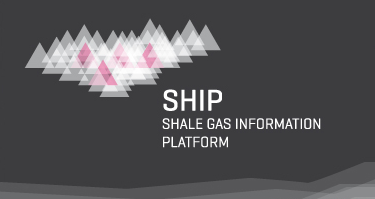Official greenhouse gas inventories underestimate methane emissions.
15.04.2014
Climate Impact
Dr. Thorsten Warneke discusses the following scientific paper by Brandt et al. (2014)
The article "Methane Leaks from North American Natural Gas Systems", published by Brandt et al. in the Policy Forum of the journal Science, compiles results on methane emissions from technical literature published over the last 20 years. This study represents an important piece of information in the current debate on the climate impact of natural gas. Natural gas emits less carbon dioxide during combustion than other fossil fuels, but its benefit to climate depends upon leakage rates over the well-to-consumer lifecycle. The leakage of natural gas is relevant to its impact on climate, because natural gas mainly consists of methane, a very potent greenhouse gas.
The study shows that measurements across years, scales and methods, find larger CH4 emissions than those estimated by official inventories and that the natural gas and oil sectors are important contributors to these emissions. Among the inventories that underestimate CH4 emissions is the greenhouse gas inventory by the U.S. Environmental Protection Agency (EPA). Measurements also suggest that a small number of sites are responsible for a large percentage of the emissions. The article states that the degree of natural gas leakage is unlikely to be large enough to negate the climate benefits of coal-to-natural gas substitution over a 100-year timescale. They say this is especially true for the power sector, but is uncertain for vehicle fuel.
The article by Brandt et al. strongly suggests that methane emission inventories have to be revised. The overall emissions from the natural gas sector are difficult to constrain by measurements however, since one cannot use the concept of a "representative" well-to-consumer lifecycle. Hence, there will be great uncertainties in any updated inventories. The uneven distribution of methane emissions from the sites lends itself to high mitigation potential through implementing better practices. Brandt et al. uses a 100-year timescale for evaluating the climate benefits of coal-to-natural gas substitution. The choice of this timescale is arbitrary and it has to be noted that for shorter timescales the climate benefit of coal-to-natural gas substitution will be smaller (or even negated), whereas for longer timescales it will be larger.





